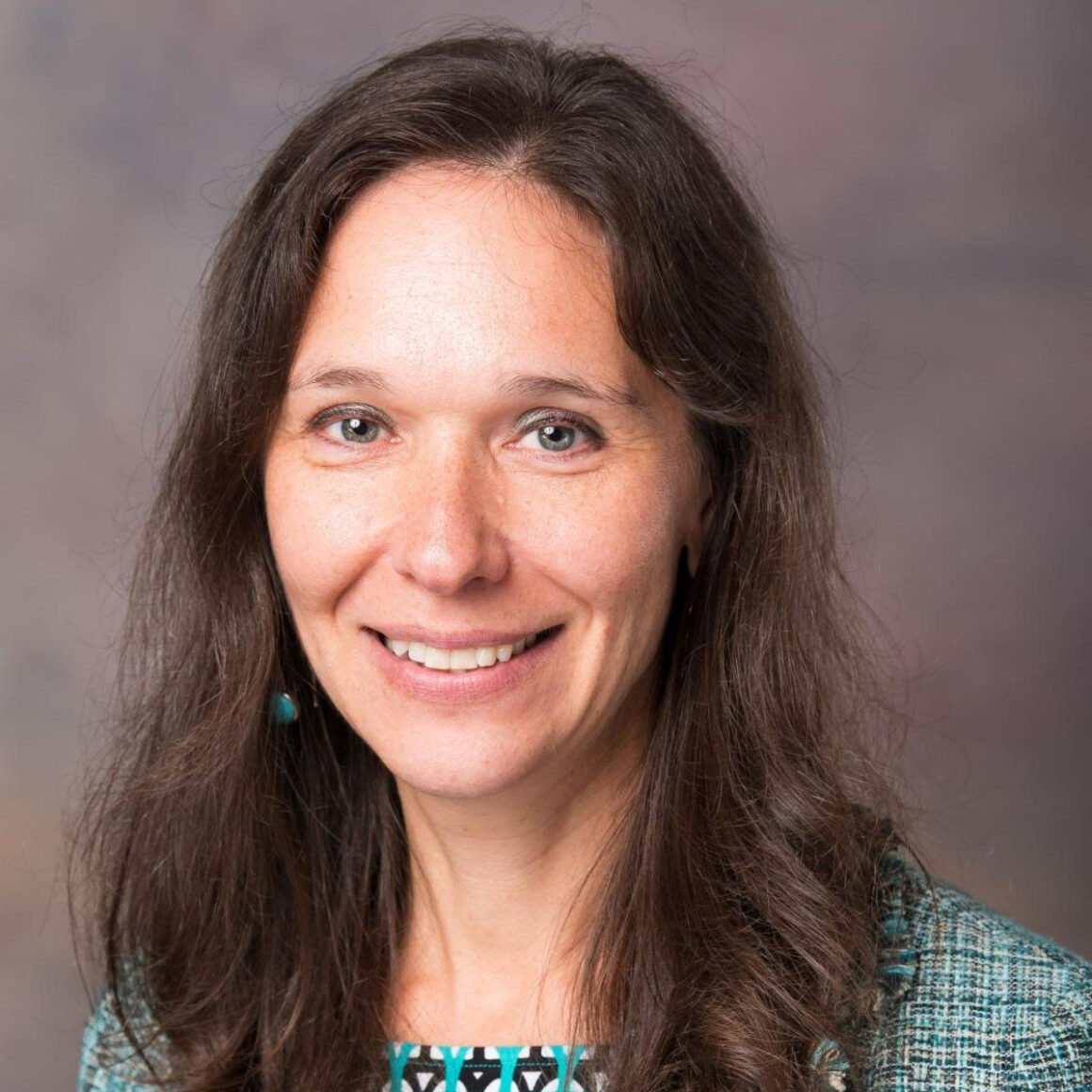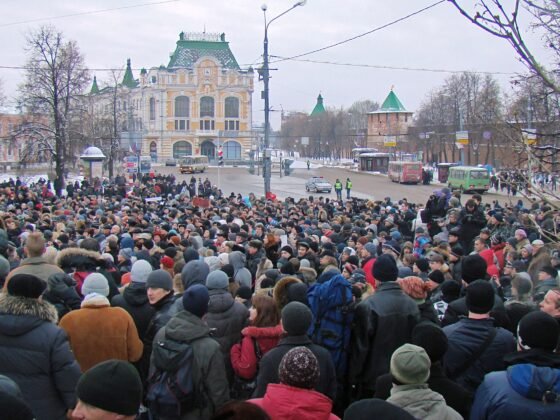Over one hundred days into Russia’s invasion, Ukraine is still valiantly defending itself against an unprecedented existential threat. For this first entry in our Policy Exchange series, we invited six preeminent scholars of post-communist politics and international relations to discuss the following forward-looking question that is likely to be central to regional security for the long-term:
Regardless of how the war ends, how can Ukraine’s long-run security realistically be guaranteed?
Their Policy Exchange memos (downloadable below) illuminate several different perspectives for thinking about this vexing issue. All of the authors appear to agree on the same starting point: Russia must be defeated on the battlefield and held accountable for war crimes committed before Ukraine’s security can be negotiated. Whether that defeat involves a return to pre-war borders or even the return of Crimea is still an open question.
Yet beyond the need to defeat Russia, the experts diverged about how much Ukraine could rely on the West for security guarantees. The main point of contention was whether NATO membership was a realistic possibility for Ukraine moving forward. Two groups of experts argue yes. Maria Popova and Oxana Shevel draw attention to the admirable pace of domestic reform in Ukraine since 2014, helping put membership within reach while also highlighting the imperative of the NATO umbrella for deterring future Russian aggression. For Petro Burkovskyi and Olexiy Haran, that membership should come without any constraints on Ukraine’s military build-up.
Yet the other two authors were more skeptical about how far the West would actually go to defend Ukraine’s sovereignty. Highlighting the hesitation of the US and UK on the NATO question, as well as potential disunity in the alliance over enlargement, Mariya Omelicheva discusses a need for Ukraine’s own path to self-reliant security. Paul D’Anieri questions whether any commitments less than NATO membership will actually be credible to deter future Russian aggression.
There was much more agreement on the need to pair domestic reforms with this type of diplomatic outreach. This begins with the continued arming and fortifying of Ukraine’s military. Omelicheva terms this strategy “Fortress Ukraine,” which would include building robust air defense, upgrading military technology, and boosting cyber capabilities. But Ukraine requires a vibrant economic base to support such modernization as well as a robust democracy to ensure cooperation with the West. The contributions from Popova and Shevel and D’Anieri both see a road to EU membership as potentially accelerating and consolidating political progress already made.
All four Policy Exchange memos are worth reading in full and can be found below.
Thursday, June 9, 2022, 9:30 AM – 11:00 AM | Eventbrite | Zoom Meeting Link
Event Recording: YouTube | Facebook Videos
– – – – – – – –
– – – – – – – –

Petro Burkovskyi is Executive Director of the Democratic Initiatives Foundation (DIF), a leading Ukrainian analytical and sociological think tank. He has supervised DIF analytical activities since October 2017. Before joining DIF he held various roles at the National Institute for Strategic Studies. His areas of expertise are history, comparative analysis, constitutional law, decision making process, security policy, energy policy, international relations.

Olexiy Haran is a Professor of Comparative Politics at the National University of Kyiv Mohyla Academy (UKMA). He also serves as Founding Director of the UKMA School for Policy Analysis and Research Director at the Democratic Initiatives Foundation (DIF). He has co-authored several books, including Constructing a Political Nation: Changes in the Attitudes of Ukrainians during the War in the Donbas, Ukraine in Europe: Questions and Answers, and Russia and Ukraine: Ten Years of Transformation.

Mariya Y. Omelicheva is a Professor of Strategy at the National War College. Her research and teaching interests include international and Eurasian security, counterterrorism and human rights, democracy promotion in the post-Soviet territory, Russia’s foreign and security policy, gender and security, and crime-terror nexus in Eurasia. Over the course of her work, she has authored three books and over a hundred peer-reviewed articles.

Maria Popova is the Jean Monnet Chair and Associate Professor of Political Science at McGill University in Montreal. Her work explores the intersection of politics and law in Eastern Europe and Eurasia, specifically the rule of law, judicial reform, political corruption, populist parties, and legal repression of dissent. Her book, Politicized Justice in Emerging Democracies (Cambridge UP, 2012), won the American Association for Ukrainian Studies prize for best book in the fields of Ukrainian history, politics, language, literature, and culture.

Oxana Shevel is Associate Professor of Political Science at Tufts University. She focuses on the post-Communist region surrounding Russia, and issues such as nation- and state-building, the politics of citizenship and migration, memory and religious politics, and challenges to democratization in the post-Soviet region. She is the author of Migration, Refugee Policy, and State Building in Post-communist Europe (Cambridge University Press, 2011).

Paul D’Anieri is Professor of Political Science and Public Policy at the University of California-Riverside. He studies politics in the former Soviet Union, focusing on Ukraine and on Ukraine-Russia relations. He also teaches and studies economics and budgeting in universities, based on his experience as an administrator at UCR, the University of Florida, and the University of Kansas.
This event is on the record, open to the public, and will be recorded.
See the George Washington University calendar listing for this event.











